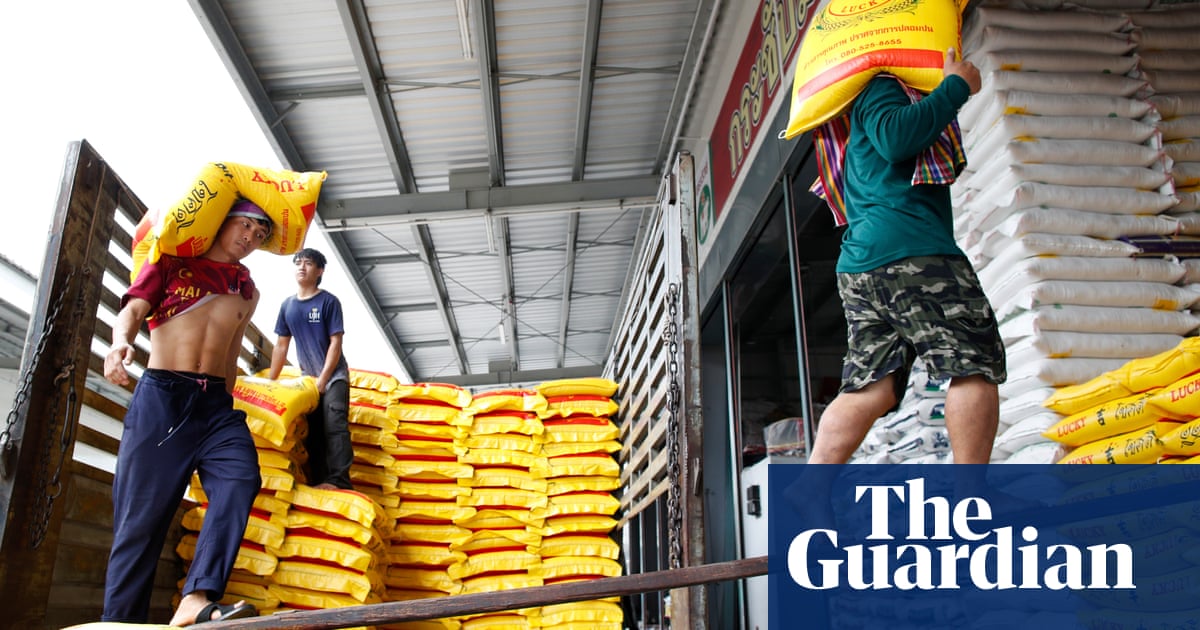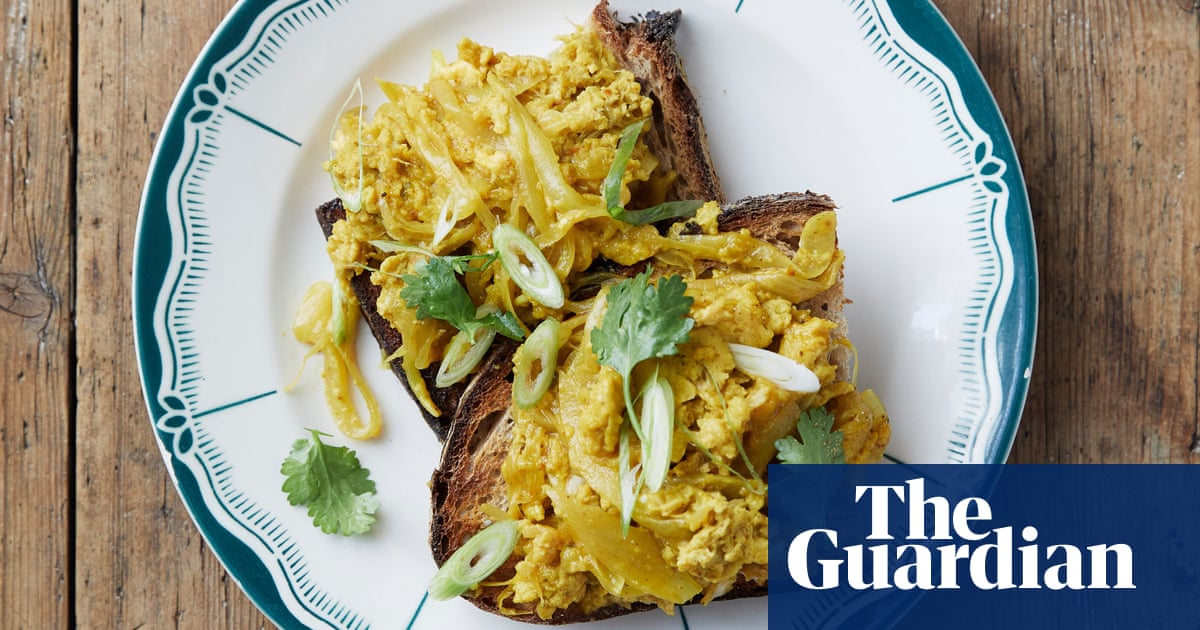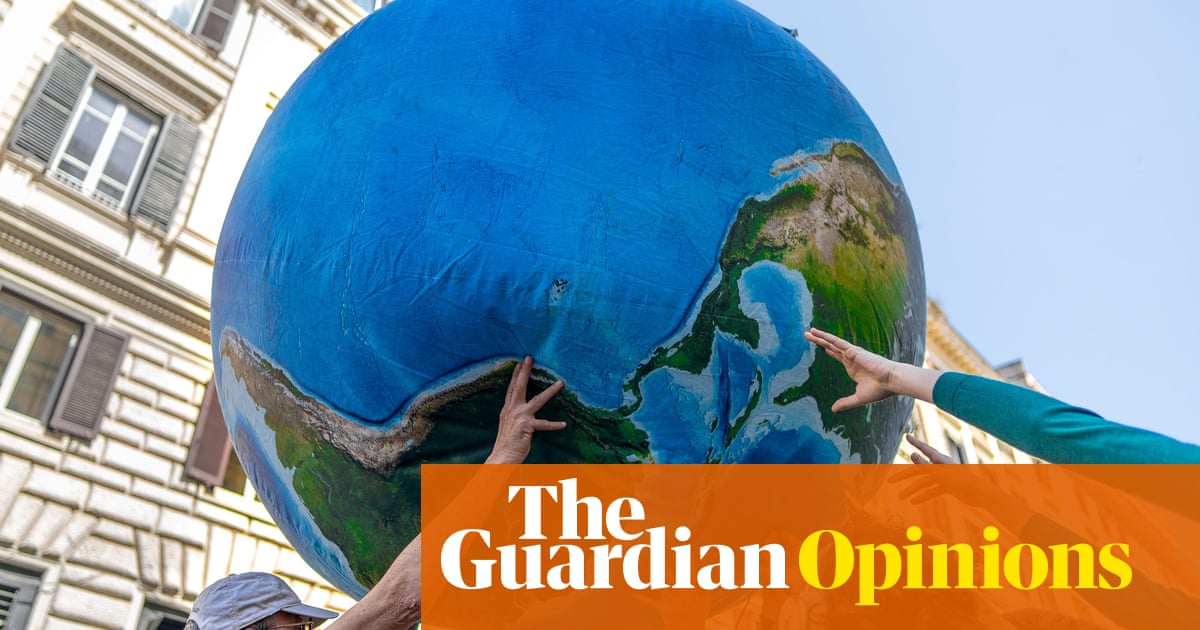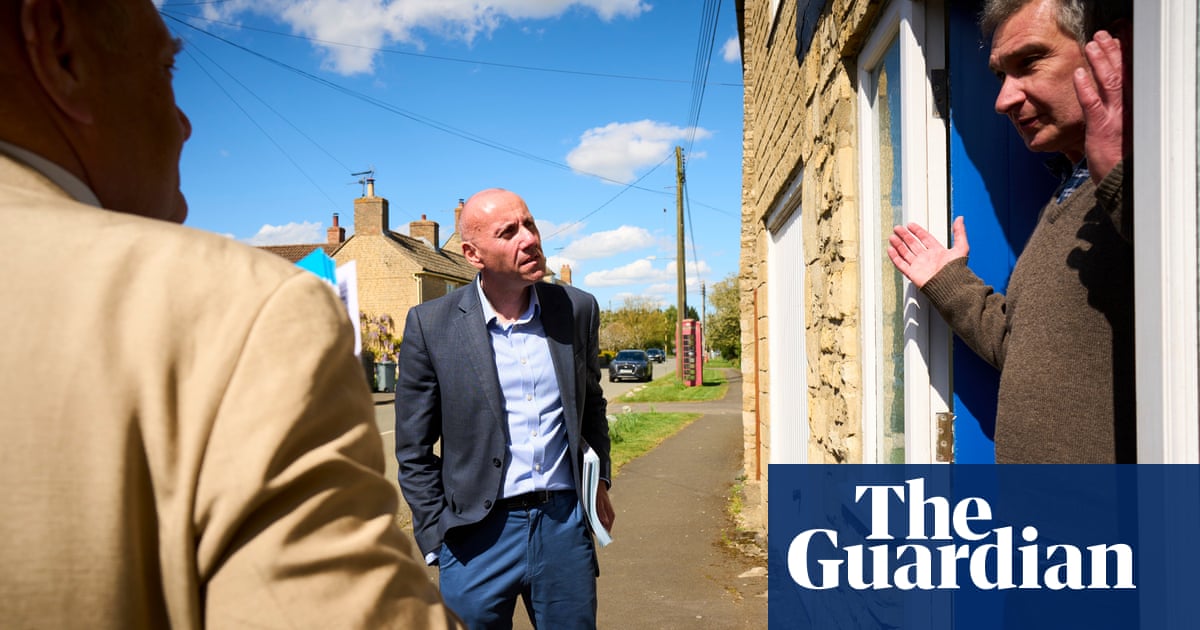One Friday night 24 years ago, Peter Hahn was sitting in the back of a cab to Heathrow, sleepless after yet another 48-hour work bender.
“My computer’s on my lap,” the American-born organic winegrower from France recalls, the spring sun lighting up the deep pink walls of his study in his ancient manor house in the Loire Valley, his beloved vines outside, “and I’m doing a spreadsheet.
“My boss is giving me shit because I hadn’t stayed at work – I’d promised my French girlfriend after I don’t know how many promises that we’d go away that weekend – then she calls and starts yelling at me because she knows I am going to miss the flight to Paris.”
Moments later, “something was inside of me and just going like this” – he does a vice grip with his right hand – “crunch crunch crunch.” Paralysed, unable to breathe, the 36-year-old corporate strategy consultant was having a panic attack. It was a moment of breaking, of the body saying to the mind, enough.
Hahn carried on working as a finance consultant, his severe sense of impostor syndrome “whittling away at me” and no idea why. After all, he was the son of a big-pharma business executive. “I had this idea I was a business guy, that this was what my path was.”
His family had left their home in New Jersey when he was four. “We popped around all over the world – Hong Kong, Taiwan, Sydney”, where he was sent to “one of those all-boys boarding schools – the cane was not spared.” At 22, he got a job as a trader on the Sydney Stock Exchange, back when there was still a trading pit, a lot of yelling and loads of money.
By his mid-20s, he was fully formed in a self he did not feel at home in. “I was one of these international business brats,” he says. Ten years later, “a bit of a nihilist, I got swept up in this world of bigger cars, bigger boats, private jets. I wasn’t feeling any meaning. And I was getting scared because, at some point, it is pretty hard to pack up and do something else.”
He was also spooked by a sense of longing, he writes in his magical new book, Angels in the Cellar: Notes from a French Vineyard. A fan of Proust, with an avowed fondness for the 19th century, he recognised he was nostalgic, but this didn’t feel poetic. It felt dangerous, he felt “deracinated”, uprooted, and didn’t even know what he was longing for.
“What do you really love?” he asked himself in an attempt to find out. “It’s a great question, isn’t it?” he says to me, smiling now that he knows the answer. “I thought, ‘What would a life look like where you worked where you lived, where your work was your life, where you enjoyed it to the extent that it didn’t seem like work, even though it may be difficult, and where you spent almost every day of your life outside?’”
This all stemmed from his passion for wine, and started taking wine classes in Paris, now his main work base, exploring wine cellars and working and walking in vineyard after vineyard. He realised that above all he loved being on the land, feeling the earth and the soil, tending the vines. And so, over two years, he went back to college part-time to study viticulture and enology (growing grapes and making wine). Here he met two younger organic farmers, Damian and Vincent, who taught him about the physiology of vines. Thanks to their mentoring and friendship, he decided to look for a smallholding to farm organically. The time had finally come for a new way of living.
In 2002 he found a depleted four-hectare farm with a small Vouvray vineyard that no one wanted – only because the 400-year-old house came with it and needed “tons of work”.
Since then, Peter, 60, has been making small-batch organic wine at Le Clos de la Meslerie, where he lives with his second wife, Juliette, and their 14-year-old daughter. His two older children by his first marriage are frequent visitors. Eschewing machine farming wherever possible, he and his fellow workers prune the vines and pick the Chenin grapes by hand. They are crushed on a 100-year-old hand press and naturally fermented, and his friend Philippe brings in work horses instead of tractors to till between the fragile 60 to 80-year-old vines.
One day, Peter and Philippe were taking a break beneath a Judas tree in full, pink blossom. Peter ignored his beeping phone, before checking his messages. A friend from his “previous life” had sent some photos from a business lunch at the Ritz: Peter’s wine on the wine list (at over £100 a bottle), a liveried sommelier, ornate chandeliers.
Peter admits to feeling momentary pride, perhaps even self-satisfaction – all fleeting. “What struck me was that, at one point, I would have been extremely excited about all that but now, it really didn’t make me particularly excited.
“I wasn’t living my life as I did in finance and in many corporate worlds where you’re getting to the next level and you’re trying to get accolades from your bosses and clients. That had slipped away. It was a nice moment but I realised, God, I really don’t care. That was a sort of revelation.”
He does care about the socio-economic aspect of the wine industry though. “Farmers get the short end of the stick,” he says. “The price that bottle was selling for at the Ritz or at any three-star Michelin restaurant anywhere in the world is probably 10 times the price I sold it for. There’s also a certain bitterness to seeing that,” he laughs.
When Peter passed Philippe his phone, he simply shook his head, smiled and said: “Let’s just do the work.”
The physicality of that work has seen off Peter’s anxiety and aligned him with the land he is regenerating. “I no longer feel like nature is separate from me, which is such a 19th- and 20th-century development of humanity.” Through his largely non-mechanised farming and viticulture, he has gone back in time, deliberately so.
“I definitely don’t want to sound like some kind of weird New Age guru, but Homo sapiens have been traipsing around this world for 300,000 years, right? So for about 298,000 of those years we were living on the land and from the land. We were hunter-gatherers and farmers. When you are on your private jet or doing deals or working at Burger King,” he continues, “we lose sight of all that.”
For him, coming to know the lay of his land, its topography, and the ecosystem within it, has enabled him to be in time – to learn from the past, live meaningfully in the present and shape the future for others.
“The deer that I saw grazing in the vineyard this morning. The praying mantids that I found on the post. The insects around me when I am kneeling in the vines, pruning, the birds – it all sounds like a Disney movie. But I’m part of this; I’m not outside it.”
The weather can be brutal but Peter leans into each season. “I don’t mind if it’s raining or hailing or freezing. You know that when nature throws a thunderbolt at you – hail damage, say, or frost damage – it’s not the same as when your client or your boss is bearing down on you, making you feel there is something wrong with you; it’s nature doing that to you. It’s not on purpose, it’s not personal.”
But his relationship with each vintage he produces is personal, deeply so. He loves them as much – neither more nor less – than he loves his own children. “A lot of people don’t believe me when I say that, but it’s true! I don’t have favourites – children or vintages – and I would do anything for all of them.”
It’s unusual to be in the company of someone who is entirely at ease, someone joyful, someone who could die happy – and a few years ago he very nearly did.
He was out on the tractor, spraying the vines against fungal disease using minimal levels of copper and sulphur (less than one-third of the amount permitted for organic viticulture). It was a steep plot, the 400kg-sprayer shifting the centre of gravity.
“I turned too quickly, felt the wheels losing traction,” Peter recalls. “I could feel the tractor going over. I was going down. How long do these things last? A second, half a second? The tractor flipped on its side and went over once.”
He records his multiple thoughts in the book: “I’m going to die. I want to be with my wife and children. Who will finish spraying?… At least I will die in my vines.
“I was remarkably calm,” he reflects now. “That really surprised me. The only explanation I can think of is, it was because I felt like my life was complete somehow. I felt, I am doing what I want to do, I don’t want to change anything, this is my life. If I die now, it’s not as though I am missing out on something else I want to do.”
Angels in the Cellar: Notes from a French Vineyard by Peter Hahn is published by Little Toller Books at £20. Buy a copy from guardianbookshop.com at £18

 3 hours ago
6
3 hours ago
6













































